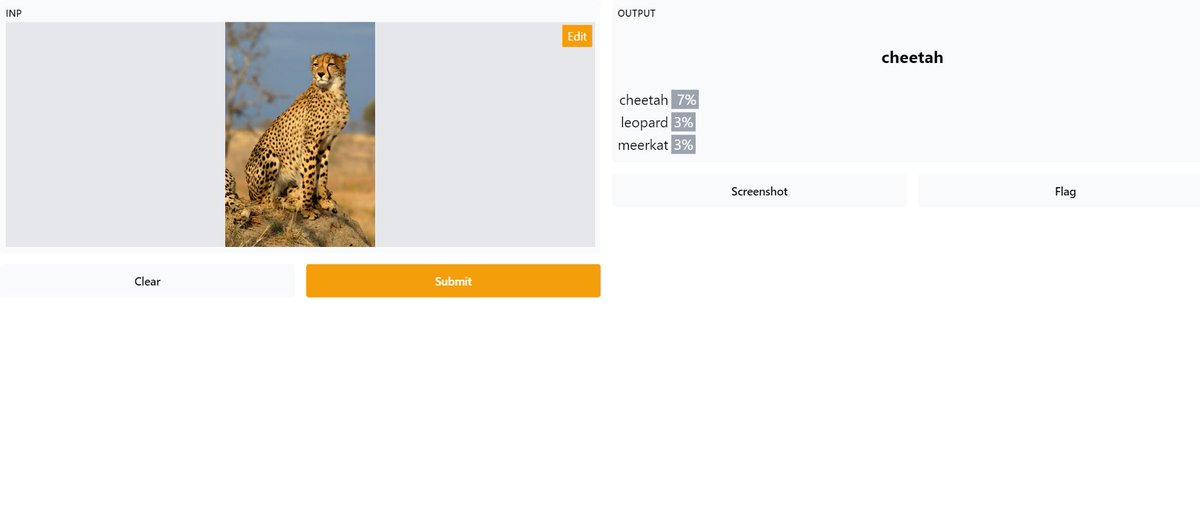
A paper on "AlphaFold-multimer", a version of AlphaFold that works on protein complexes, was released by @DeepMind.
Accurately predicted structures can lead to better understand the function of such protein complexes that underpin many biological processes!
#DeepLearning 1/4
Accurately predicted structures can lead to better understand the function of such protein complexes that underpin many biological processes!
#DeepLearning 1/4

Before "AlphaFold-multimer", people discovered that AlphaFold can predict complexes if you connect them with a long linker (this tweet was cited in the above paper!) 2/4
https://twitter.com/Ag_smith/status/1417063635000598528
The new model, which had various adjustments to handle the larger protein complex structures, shows improved performance over this linker approach, along with other approaches 3/4 

Code and weights will be released soon... I am very excited to see what this will enable in the field of structural biology! 4/4
#AI #MachineLearning #ArtificialIntelligence
#AI #MachineLearning #ArtificialIntelligence
• • •
Missing some Tweet in this thread? You can try to
force a refresh










